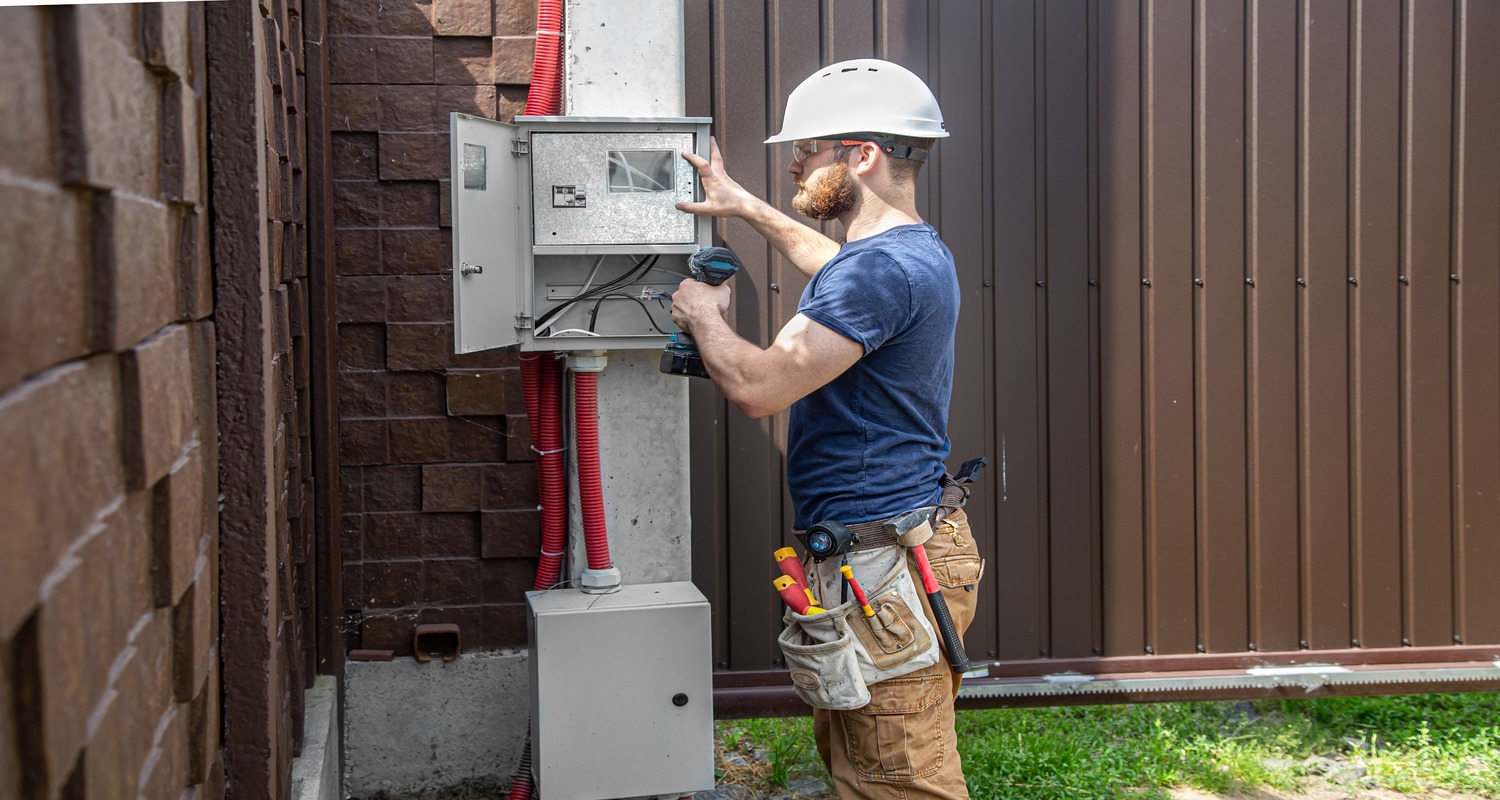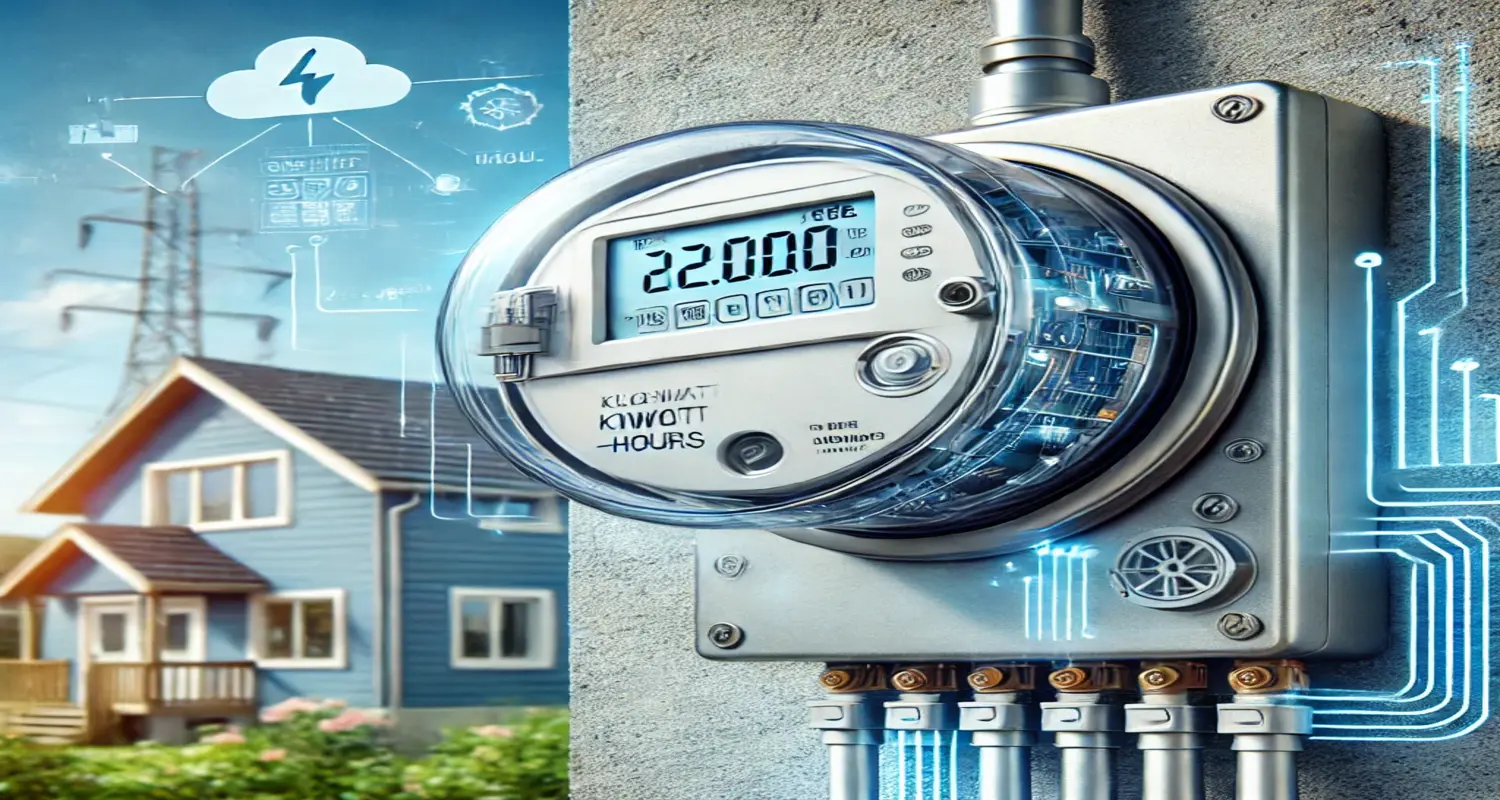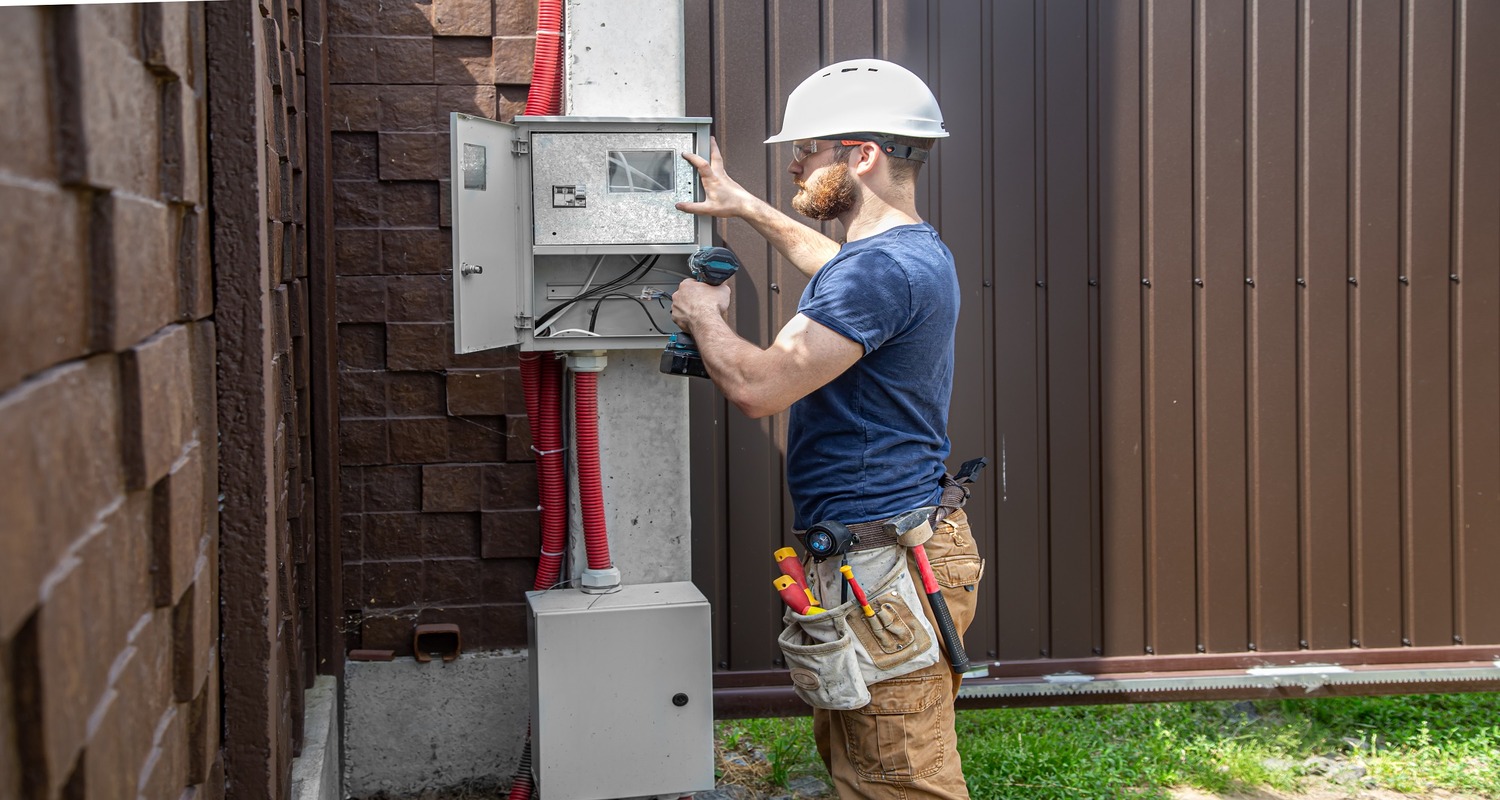
جزئیات خبر
Smart Electricity Meters and How They Work



Smart Electricity Meters and How They Work
Introduction:
A smart electricity meter is a type of device that accurately measures and records electricity consumption, with the capability of two-way communication between the consumer and the electricity provider. Unlike traditional meters, which only display consumption and require a person to manually read and record data, smart meters automatically send consumption information. These devices improve energy management, reduce costs, and optimize electricity usage.
How Smart Electricity Meters Work:
A smart electricity meter consists of three main components:
1. Measurement Unit:
This unit continuously measures energy consumption. Smart meters typically measure electricity usage at various times and can detect consumption patterns over time.
2. Communication Unit:
This part is responsible for transmitting consumption data to the central systems of electricity companies. Data is sent via wireless or wired networks, or even through the Internet of Things (IoT), to the provider's servers. Smart meters can also receive real-time information such as electricity pricing or warnings about reducing consumption.
3. Display Unit:
Many smart meters have a display that shows real-time consumption and past consumption details. This helps consumers be aware of their usage and take steps to optimize energy use.
Features of Smart Electricity Meters:
1. Automatic Reading of Consumption:
Smart meters automatically record and send consumption data, eliminating the need for manual readings. This reduces human error and increases accuracy in electricity bills.
2. Load Management and Consumption Optimization:
Smart meters allow electricity companies to manage network load during peak times. Consumers can also save energy by monitoring their real-time usage.
3. Real-time Notifications:
With smart meters, customers can receive instant information about costs, consumption levels, and peak usage times, helping them make informed decisions to lower costs and manage energy more efficiently.
4. Support for Dynamic Pricing:
Another advantage of smart meters is that they enable dynamic pricing. In this system, electricity prices fluctuate based on demand at different times, allowing consumers to adjust their usage accordingly for cost savings.
Benefits of Using Smart Electricity Meters:
1. Cost Reduction:
Smart meters help reduce energy costs as consumers can monitor their consumption in real-time and adjust it accordingly.
2. Improved Grid Efficiency:
Smart meters allow electricity providers to improve grid efficiency by managing the network better and reducing outage times.
3. Error Reduction:
The automatic transmission of data from smart meters eliminates errors caused by manual readings and increases the accuracy of billing.
4. Greater Grid Stability:
Real-time consumption data helps electricity companies anticipate and quickly resolve potential issues in the grid.
Conclusion:
Smart electricity meters, as part of advanced energy management systems, play a crucial role in enhancing efficiency, reducing costs, and optimizing electricity consumption. With the development and widespread adoption of this technology, electricity consumption can be more intelligently managed, benefiting consumers with energy savings and cost reductions.




0 نظر